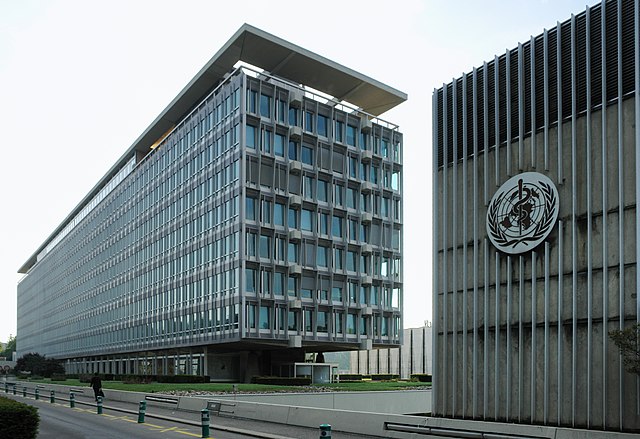The National Institute for Health and Care Excellence (NICE) plays a key role in making decisions about health care provision in the UK. Professor Albert Weale considers the public ethics behind the decisions that they make and whether they can really take the politics out of health policy.
The National Institute for Health and Care Excellence, usually known as NICE, plays a central role in deciding which medicines are to be funded by the NHS. For example, if a pharmaceutical company develops a new medicine, NICE determines whether or not that medicine is cost-effective for the NHS. This cost-effectiveness test is in addition to other tests, conducted by other bodies, to determine whether the medicine is safe, effective and efficient. So NICE imposes what is sometimes called the ‘fourth hurdle’ of cost-effectiveness.
In many ways NICE resembles other health technology assessment bodies around the world. It also resembles bodies in the UK like the Environment Agency, the Health and Safety Executive and even the Bank of England in being designed to make policy in an independent way. All such bodies represent an attempt to depoliticise public policy making.
Such bodies must operate with policy paradigms, sets of ideas and protocols for making decisions. Policy paradigms inform the practical public reasoning that these bodies are delegated to undertake. They shape the definition of policy problems, specify what evidence is relevant to a decision and prescribe the policy tools and instruments that need to be used. All paradigms lead policy makers to see problems in one way rather than another. In consequence, all paradigms leave out other ways of seeing that some citizens and their representatives may think relevant. When these limits are contested, the paradigm is challenged and strain is put on the attempt to depoliticise decision making.
The core of NICE’s paradigm is the determination of the cost-effectiveness ration of an intervention. Suppose a new medicine is more expensive than an existing one for a given condition, but it also leads to a health improvement, say an extension of life or an improvement in the quality of life or some combination of the two. Then we have a cost and a benefit. The cost is given by the price at which the manufacturer is willing to supply the medicine; the benefit is given by the improvement in the quality and length of life the new intervention gives, the so called ‘quality-adjusted life-year’ (QALY). Generally speaking, if the new medicine can deliver an extra year of life at full quality for less that £30,000, then NICE will say ‘yes’ to the medicine. Most of the time it says ‘yes’.
NICE’s paradigm is intellectually rigorous. It represents a refined development of established public sector investment appraisal methods and the tools NICE uses to assess the effectiveness of a medicine and the value of the QALY that it yields are impressive. Nevertheless, the paradigm has been contested in various ways.
One challenge has come from those who think that the attempt to come up with a set of general principles that apply across all cases is too simple. As well as the benefit in QALY’s that a medicine gives, attention should also be given – so the critics claim – to when in the course of someone’s life the benefit is secured. It may be worth society paying more to give someone at the end of their life a few extra months, even if the QALY cost is above £30,000 per year, because a few months can mean a lot at that stage of life, for example in enabling people to put their affairs in order.
Another challenge has come from those who object to an ethics of maximization, which is what NICE proclaims itself as following. One claim that has resonated in modern political theory is that utilitarianism fails to recognise the ‘separateness of persons’. In paying attention only to QALY’s, and not to persons, NICE can be said to fail in this respect as well. The criticism is hard to assess, however, because although NICE describes itself as a maximizer, it is not a really. In practice, it makes a threshold decision on interventions one by one rather than consider a full shopping list for the NHS, which is what maximization in a literal sense would require.
But the most important limitation is that NICE’s practical reasoning can only ever be provisional, in the sense that – despite the attempt to create a closed world of fully deductive logic in which conclusions flow seamlessly from premises – new evidence and new considerations will overturn conclusions implied by the paradigm. QALY gain is not the only thing that matters in medicine. Considerations like good professional practice or dignity, which are not easily captured in a QALY measure, are also important, and these considerations are going to be more important as NICE moves in to looking at social care.
So, even if we generally think that NICE’s judgements are to be believed, that is only a presumption, which may be overturned by new evidence and argument. We can only have the presumption of NICE, and, when that presumption fails to work, we have the emergence of political contestation in a way that NICE was established to avoid. The depoliticisation of practical public reasoning can only go so far; political science should do more to examine those limits.
Professor Albert Weale is Professor of Political Theory and Public Policy at the University College London. He spoke at UEA on 15th October 2014 as part of the weekly politics research seminar series.
Image Credit: Wikipedia





